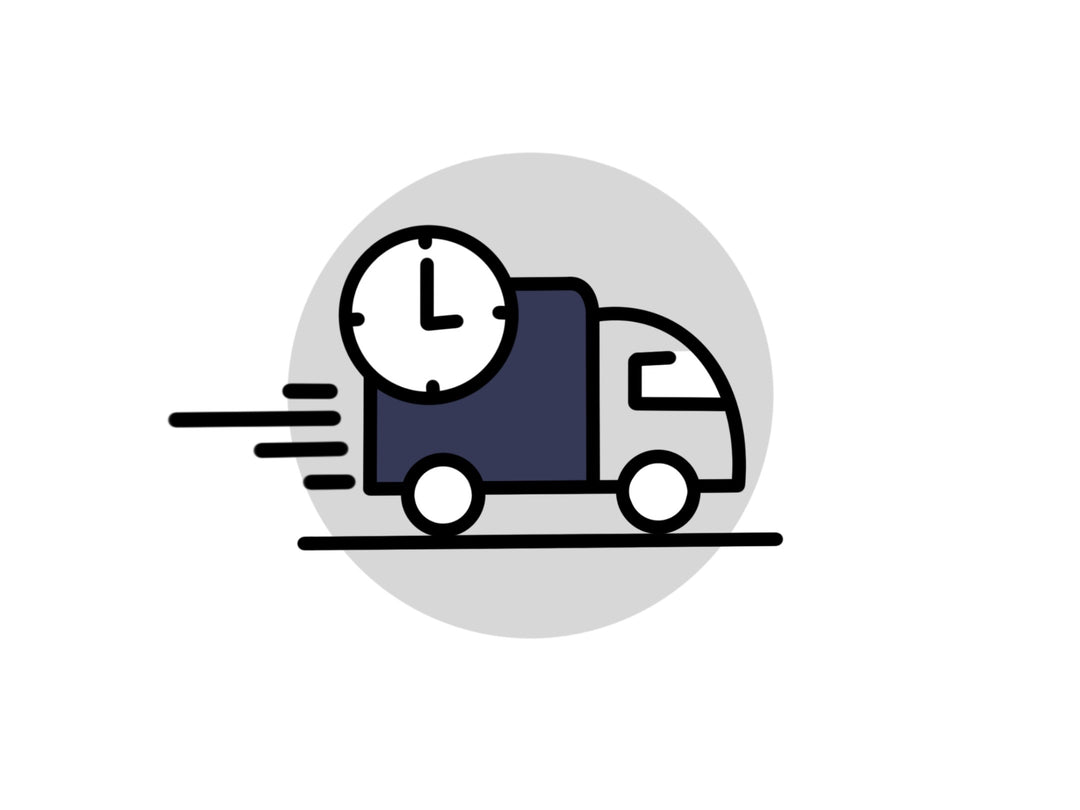Guide to Montessori Floor Time Activities for Babies

Floor time is a vital component of Montessori education, offering babies a chance to explore their environment freely and develop essential skills. Unlike structured activities, floor time allows infants to move at their own pace and follow their natural curiosities. This type of play helps build physical strength, cognitive abilities, and social skills, laying a foundation for future learning and independence.
Engaging in floor time activities encourages infants to use their bodies and minds to explore and understand their surroundings. These activities are designed to be hands-on, promoting muscle development and coordination. In a Montessori setting, floor time is carefully structured to support a child's growth while also respecting their individuality and unique developmental timeline.
Our guide will delve into the core aspects of floor time in Montessori education, highlight the materials needed for these activities, and present some engaging floor time activities specifically designed for babies. We will also offer practical tips for creating an effective floor time routine, ensuring that your child benefits fully from this important part of their early development. By incorporating these principles and practices, you can create a nurturing and stimulating environment for your baby.
The Importance of Floor Time in Montessori Education
Floor time is essential in Montessori education as it encourages babies to explore their environment freely. This unrestricted exploration is critical for developing both physical and cognitive skills. When babies spend time on the floor, they build strength in their muscles and improve their motor skills through activities such as crawling, rolling, and reaching. These movements are the building blocks for more advanced physical abilities, such as walking and climbing.
In addition to physical benefits, floor time promotes cognitive development. Babies interact with various objects, textures, and colors during their time on the floor, stimulating their senses and encouraging curiosity. This sensory engagement helps babies develop problem-solving skills and understand cause-and-effect relationships. Floor time also provides opportunities for social interaction, whether it's with caregivers or other children, fostering important social skills like cooperation and communication.
Essential Materials for Montessori Floor Time Activities
Creating an optimal Montessori floor time environment involves using specific materials that encourage exploration and development. Soft mats or rugs provide a safe and comfortable space for babies to move around. These should be made from natural materials to align with Montessori principles of using eco-friendly, child-safe items. Additionally, having a variety of textures can provide sensory stimulation, promoting fine motor skills as babies touch and grasp different surfaces.
Montessori materials also include simple wooden toys and objects that are easy for babies to manipulate. Items like stacking rings, shape sorters, and grasping toys help develop hand-eye coordination and problem-solving skills. Mirrors placed at floor level can be particularly engaging, as babies are fascinated by their reflections and this encourages self-awareness. Keeps the play area organized with low shelves, making it easy for babies to access toys independently, fostering autonomy and decision-making from a young age.
By equipping your floor time area with these essential materials, you create an environment rich in opportunities for growth and learning. This makes floor time not only a period of play but also a crucial part of a baby's developmental journey. Providing the right tools and setting ensures that your baby reaps the full benefits of Montessori floor time activities.
Top Montessori Floor Time Activities for Babies
Montessori floor time activities are designed to promote development through self-directed play. One popular activity is reaching and grasping exercises. Place a few safe, colorful objects within arm's reach of your baby. These can include soft balls, fabric squares, or wooden rings. Encourage your baby to reach for and grasp these items. This activity strengthens fine motor skills and helps babies understand cause and effect.
Another engaging activity is using sensory baskets. Fill a small basket with objects of various textures and shapes. Items like smooth stones, soft fabric squares, and wooden blocks are excellent choices. Allow your baby to explore the basket at their own pace. This activity enhances sensory development and encourages curiosity. Additionally, you can introduce tummy time with a twist by placing a mirror at floor level. Babies love looking at themselves, and this encourages neck and upper body strength as they lift their heads to see their reflection.
Tips for Creating an Effective Floor Time Routine
Creating an effective floor time routine involves consistency and observation. Start by setting a regular time each day for floor time activities. This helps your baby anticipate and look forward to this special time. Ensure the play area is safe and free from hazards. Use a soft mat and have a variety of materials readily accessible. Observing your baby during floor time can help you understand their interests and developmental needs, allowing you to tailor activities accordingly.
Rotate toys and materials to keep things fresh and engaging. Introducing new items periodically can maintain your baby’s interest and stimulate different areas of development. Create a balance between guided activities and allowing your baby to explore independently. Guided activities can include showing your baby how to use a new toy, while independent play fosters creativity and decision-making. Remember, the goal is to create a nurturing environment that encourages growth and learning at your baby’s own pace.
Conclusion
Floor time activities are a cornerstone of Montessori education for babies, providing countless opportunities for growth and development. By understanding the importance of floor time, selecting the right materials, and incorporating engaging activities, we can create a rich environment that supports our baby's natural learning process. Floor time not only promotes physical and cognitive skills but also fosters curiosity and independence, essential qualities for lifelong learning.
Establishing a consistent floor time routine tailored to your baby's unique needs can make all the difference in their early developmental stages. The benefits of these activities extend beyond play, laying a foundation for future milestones. As you explore and implement these Montessori-inspired practices, you'll find a deeper connection with your child and a greater appreciation for their limitless potential.
To further enhance your baby’s floor time experience, explore the quality products we offer at The Topponcino Company. Our carefully crafted items are designed to support your baby’s growth and create a nurturing environment. Contact us today to find the perfect additions to your Montessori infant room.












